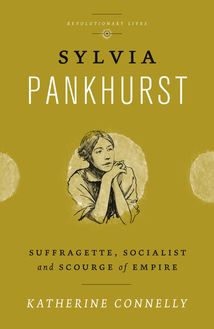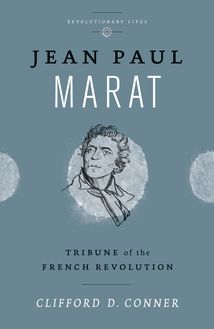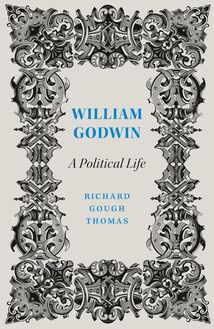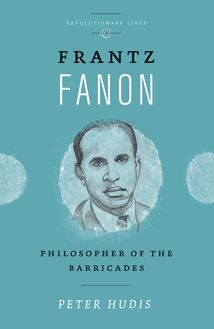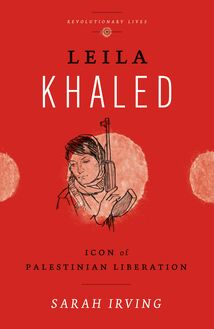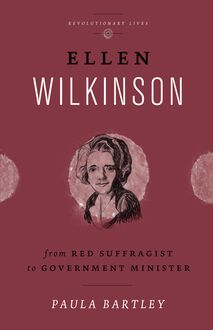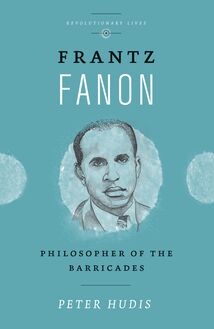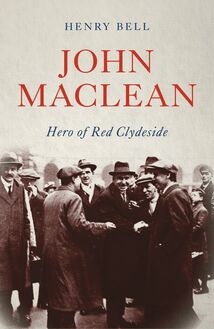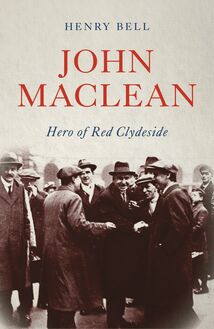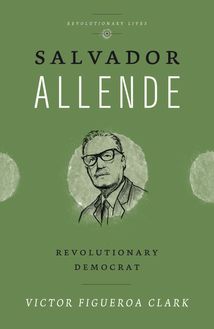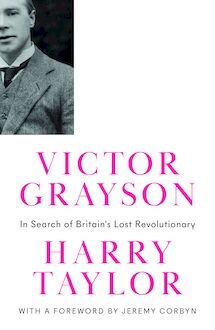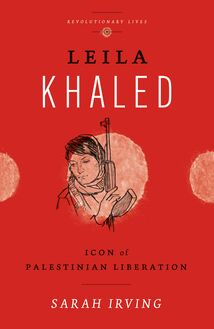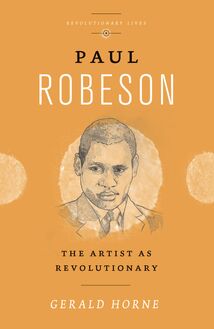Percy Bysshe Shelley , livre ebook
121
pages
English
Ebooks
2015
Vous pourrez modifier la taille du texte de cet ouvrage
Obtenez un accès à la bibliothèque pour le consulter en ligne En savoir plus
Découvre YouScribe en t'inscrivant gratuitement
Découvre YouScribe en t'inscrivant gratuitement
121
pages
English
Ebooks
2015
Vous pourrez modifier la taille du texte de cet ouvrage
Obtenez un accès à la bibliothèque pour le consulter en ligne En savoir plus
Publié par
Date de parution
20 octobre 2015
Nombre de lectures
0
EAN13
9781783717033
Langue
English
Poids de l'ouvrage
1 Mo
Shelley has long been revered for his poems To A Skylark and The Mask of Anarchy, but this was not always the case. During his short and tragic life he was regarded with loathing as an immoral atheist and his work received damning reviews as a result.
His was a story of extremes - his radical ideas were unusual as he was the son of a wealthy landowner and set to become a Whig MP. Today, a focus on his belief in sexual freedom and vegetarianism often eclipses his informed internationalist and revolutionary politics.
Admired by Oscar Wilde, Thomas Hardy, W. B. Yeats and Karl Marx, Shelley's legacy remains with us today - his words have been used by popular movements from the Chartists and the Suffragettes to Tiananmen Square, the Poll Tax protesters and modern Greek solidarity movements.
Acknowledgements
Prologue
1. Shelley’s Family Background and Education: 1792-1811
2. The Lake District, Ireland and Devon: 1811-13
3. Tremadog, Queen Mab and the ‘Hermit of Marlow’: 1813-18
4. Italy and Shelley’s Annus Mirabilis: 1818-19
5. Satire and Drama: 1819-22
Notes
Index
Publié par
Date de parution
20 octobre 2015
Nombre de lectures
0
EAN13
9781783717033
Langue
English
Poids de l'ouvrage
1 Mo
To really appreciate the work of Percy Shelley you have to understand the political and cultural context of his time. This book takes you there. Humankind needed Shelley back then, and this book reminds us of how much we need him now. It is an honest, straightforward, revolutionary look at a truly revolutionary life. The world needs more Shelley, the world needs this book.
Benjamin Zephaniah
Fresh, clear and compelling, this is the best compact account of Percy Bysshe Shelley’s revolutionary life currently available. Jacqueline Mulhallen places Shelley vividly in his own times, and shows how and why his imagination, vision and new exciting art offer such inspiring examples to us now.
Nicholas Roe, Professor of English Literature, University of St Andrews
In this compelling and eye-opening study, Jacqueline Mulhallen demonstrates how Percy Bysshe Shelley’s passionate humanitarianism enlightens every aspect of the revolutionary agenda that informs all his writing, poetry and prose alike. Thoroughly researched and engagingly written, Mulhallen’s book reminds us anew of that great Romantic’s robust socio-political vision, a vision that remains as relevant and vital for our own volatile times as it was for his some two centuries ago – if not even more so.
Stephen C. Behrendt, George Holmes Distinguished Professor of English, University of Nebraska
Full of suggestive insights and highly readable, this is an absorbing study of Shelley’s life, thought, and writing. Jacqueline Mulhallen has written a valuable book; she is especially good on Shelley’s revolutionary significance.
Michael O’Neill, Professor of English, Durham University
This book provides a fresh and impassioned account of the significance of Shelley’s radical life and writings. It handles an array of historical and biographical contexts with clarity and skill, and takes on board the findings of recent scholarship. A fine and highly readable achievement.
Michael Rossington, Professor of Romantic Literature, Newcastle University
Percy Bysshe Shelley
Revolutionary Lives
Series Editors: Sarah Irving, University of Edinburgh; Professor Paul Le Blanc, La Roche College, Pittsburgh
Revolutionary Lives is a series of short, critical biographies of radical figures from throughout history. The books are sympathetic but not sycophantic, and the intention is to present a balanced and, where necessary, critical evaluation of the individual’s place in their political field, putting their actions and achievements in context and exploring issues raised by their lives, such as the use or rejection of violence, nationalism, or gender in political activism. While individuals are the subject of the books, their personal lives are dealt with lightly except insofar as they mesh with political concerns. The focus is on the contribution these revolutionaries made to history, an examination of how far they achieved their aims in improving the lives of the oppressed and exploited, and how they can continue to be an inspiration for many today.
Also available:
Salvador Allende: Revolutionary Democrat Victor Figueroa Clark
Hugo Chávez: Socialist for the Twenty-first Century Mike Gonzalez
Frantz Fanon Philosopher of the Barricades Peter Hudis
Leila Khaled: Icon of Palestinian Liberation Sarah Irvin
Jean Paul Marat: Tribune of the French Revolution Clifford D. Conner
Sylvia Pankhurst: Suffragette, Socialist and Scourge of Empire Katherine Connelly
Paul Robeson: A Revolutionary Life Gerald Horne
Ellen Wilkinson: From Red Suffragist to Government Minister Paula Bartley
Gerrard Winstanley: The Digger’s Life and Legacy John Gurney
www.revolutionarylives.co.uk
Percy Bysshe Shelley
Poet and Revolutionary
Jacqueline Mulhallen
First published 2015 by Pluto Press 345 Archway Road, London N6 5AA
www.plutobooks.com
Copyright © Jacqueline Mulhallen 2015
The right of Jacqueline Mulhallen to be identified as the author of this work has been asserted by her in accordance with the Copyright, Designs and Patents Act 1988.
British Library Cataloguing in Publication Data A catalogue record for this book is available from the British Library
ISBN 978 0 7453 3462 2 Hardback ISBN 978 0 7453 3461 5 Paperback ISBN 978 1 7837 1702 6 PDF eBook ISBN 978 1 7837 1704 0 Kindle eBook ISBN 978 1 7837 1703 3 EPUB eBook
This book is printed on paper suitable for recycling and made from fully managed and sustained forest sources. Logging, pulping and manufacturing processes are expected to conform to the environmental standards of the country of origin.
Typeset by Stanford DTP Services, Northampton, England Text design by Melanie Patrick Simultaneously printed by CPI Antony Rowe, Chippenham, UK and Edwards Bros in the United States of America
To William Alderson and Dritan Dauti
Contents
Acknowledgements
Prologue
1. Shelley’s Family Background and Education: 1792–1811
2. The Lake District, Ireland and Devon: 1811–13
3. Tremadog , Queen Mab and the ‘Hermit of Marlow’: 1813–18
4. Italy and Shelley’s Annus Mirabilis: 1818–19
5. Satire and Drama: 1819–22
6. The Legacy of a Revolutionary
Notes
Index
Acknowledgements
Firstly, many thanks to Alex Snowdon for suggesting that I write an article about Shelley for www.counterfire.org and to Neil Faulkner for suggesting that I develop this article into a book and for continuing to encourage me. Many thanks, too, to Nicholas Roe, Peter Vassallo and Ivan Callus for inviting me to read a paper on Shelley’s reform pamphlets at the wonderful 2014 Encountering Malta conference, and Peter Vassallo for subsequent advice. I would also like to thank those at the September 2013 ‘William Cobbett at 250 Colloquium’ at Nuffield College, Oxford, where I had helpful discussions on Shelley, Spence and Cobbett, especially with John Gardner and Malcolm Chase.
I am very grateful to Jeremy Knight, Curator of Horsham Museum, for sharing with me new information about Timothy Shelley’s parliamentary career, and to Brian Alderson for telling me about the Godwins and children’s publishing and showing me the books in his collection.
I want to thank Dominic Alexander and John Gardner for reading chapters of the book and for their very helpful comments and Nora Crook for reading nearly all of it in a very short time and giving me excellent advice. I also thank William Alderson, my husband, for patiently reading complete drafts many times and making useful suggestions.
There would have been no illustrations without the kind help of my friends. John Gardner sent me a copy of his own print of The Radical Ladder , Angus Graham-Campbell permitted William to photograph his copy of Eton Sketched and showed us both round Eton College, including a visit to the Library, and Nora Crook allowed William to photograph some of the books and pamphlets in her fascinating collection. I am very grateful to John, Nora, Angus and William.
Living in a Norfolk village without public transport meant that my Carlyle membership of the London Library was invaluable. I am grateful to all the staff there but especially those in Country Orders Department, who promptly sent me books, and Gosia Lawik very kindly answered my queries. I also thank the staff at Cambridge University Library for their help.
Thanks too to all my friends and comrades in StoptheWar nationally for following Shelley’s advice about ‘great assemblies’ and, locally, to those in King’s Lynn and Wisbech StoptheWar. In Wisbech the tradition of protesting against racism, war and attacks on workers continues under the Thomas Clarkson Memorial.
Thanks to David Castle who gave me crucial advice, to Robert Webb, Emily Orford and all at Pluto Press who have been working on this book, and to the anonymous readers of my proposal who gave me such very encouraging feedback.
Finally, I would like to especially thank William, who encouraged my writing another book about Shelley, helped with computer difficulties and compiled the index (needless to say, any mistakes are mine alone). He gave time which he could have spent on his own innumerable interests, including writing his fine poetry, in order to give me the time I needed to complete the book. Thanks just doesn’t cover my appreciation of what he has done. I would like to think I could repay him, but I owe him too much for that.
Prologue
It is 21 May 2015. A film opens in cinemas across the UK. It is a documentary by Amir Amirani about the origins and consequences of the international protest on 15 February 2003 against the Iraq war. On every continent – even Antarctica – people demonstrated in the largest protest the world had ever seen. Dismissed by some with a ‘Well, we didn’t stop them, did we?’, the protest actually had a continuing profound influence on events across the world, particularly in Egypt. The title of the film is We Are Many , and it opens with the final stanza of The Mask of Anarchy by Percy Bysshe Shelley:
Rise like lions after slumber
In unvanquishable number.
Shake your chains to earth like dew,
Which in sleep had fallen on you;
Ye are many, they are few.
Shelley’s revolutionary ideas did not escape his contemporary reviewers, and he was famously attacked in the right-wing journal The Quarterly Review . On the other hand, his poem Queen Mab was circulated so enthusiastically among radicals and the emerging working class that it was known as ‘The Chartists’ Bible’. Afraid of the influence of his ideas, critics seized on Shelley’s atheism to condemn him as a wicked man. His desertion of his first wife, Harriet, and his desire to set up a second family with Mary Godwin, was considered abundant confirmation of this, even though many men kept mistresses and visited prostitutes without challenge. Even today, when he is less likely to be attacked for his atheism, his love-life and financial difficulties are used to undermine him and his revolutionary ideas. His bicentenary brought diatribes as well as varying degrees of praise.
Despite the
